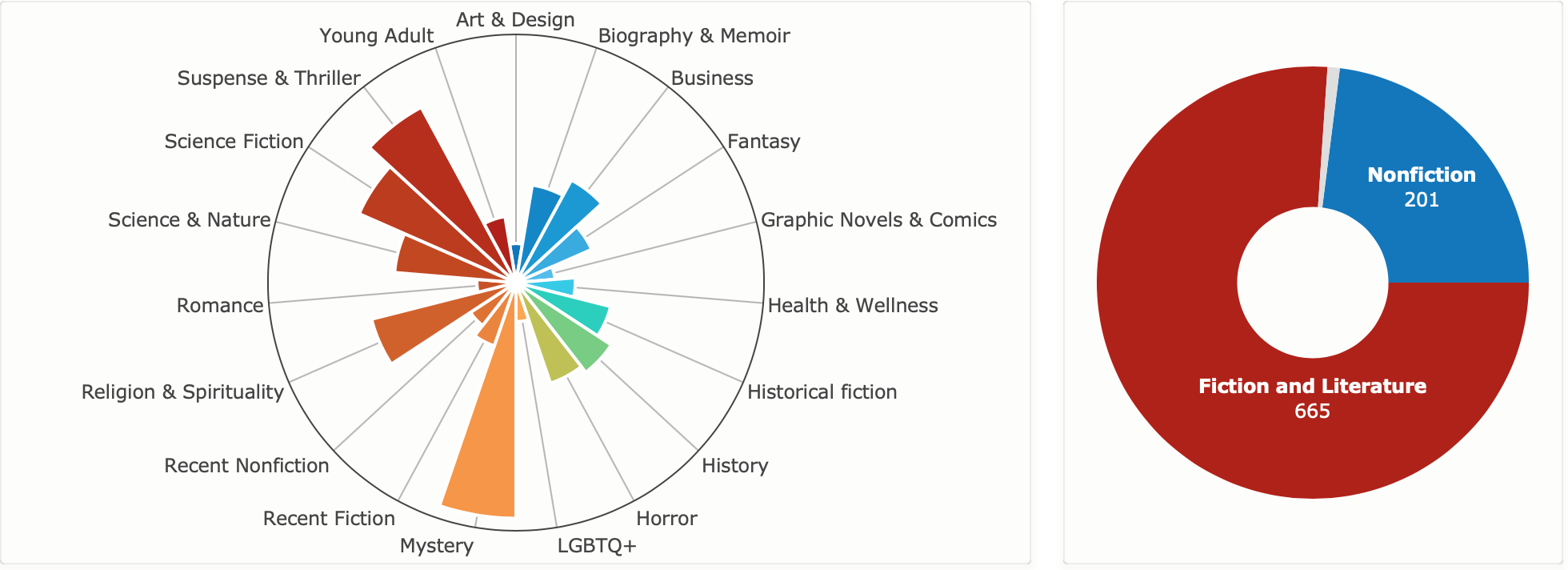I recently finished Battle Cry of Freedom by James M. McPherson, considered by many the best single-volume history of the American Civil War. I wouldn’t know where to begin to tell you how much I enjoyed this book. We all know how the story ends, right, but I was on the edge of my seat till the final page. The mark of a truly great story-teller.
We all know about Union general William T. Sherman’s burning of Atlanta and his “march to the sea.” My simplistic Hollywood understanding of that chapter in the war was changed by this book, especially by this excerpt from Sherman’s memoirs.
“War is cruelty and you cannot refine it,” Sherman had told Atlanta’s mayor after ordering the civilian population expelled from the occupied city. But “when peace does come, you may call on me for anything. Then will I share with you the last cracker.” Until then, though, “we are not only fighting hostile armies, but a hostile people, and must make old and young, rich and poor, feel the hard hand of war.” Union armies must destroy the capacity of the southern people to sustain the war. Their factories, railroads, farms—indeed their will to resist—must be devastated. “We cannot change the hearts of those people of the South, but we can make war so terrible . [and] make them ‘so sick of war’ that generations would pass away before they would again appeal to it.”
— Memoirs by William T. Sherman
The passage reminded me of a passage from a novel by Robert K. Tanenbaum:
“Peace is best. You should make every sacrifice to secure peace. When you absolutely must go to war, however, you must try to kill all the enemy you can as quickly as you can, holding nothing back, until they have surrendered or you have been defeated utterly. It is a great fraud to think otherwise and it prolongs the agony. It would be better if people said, if we fight, we are going to boil babies in their own fat and blast the skin off nice old ladies, so they die slowly in great pain, and we are happy to do this, because what we fight for is so important. And if they conclude that it is not as important as that, then they should fight no more.”
— Robert K. Tanenbaum, Act of Revenge

